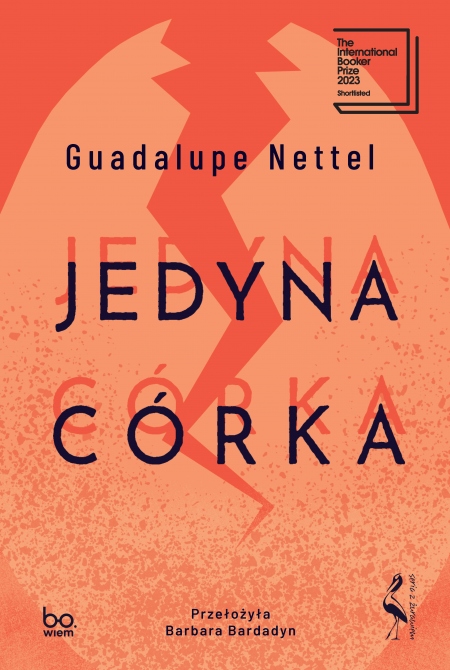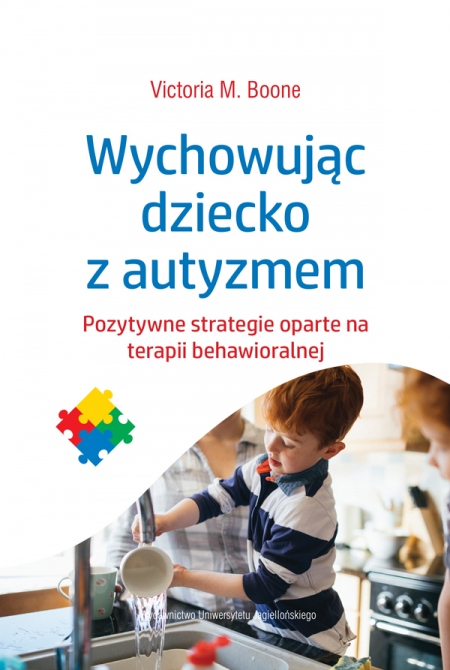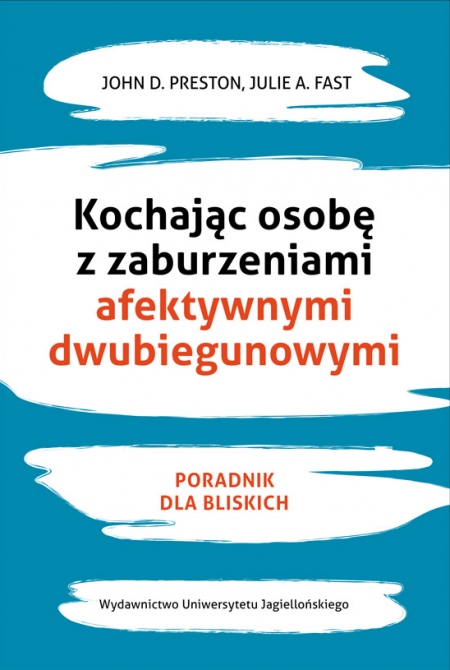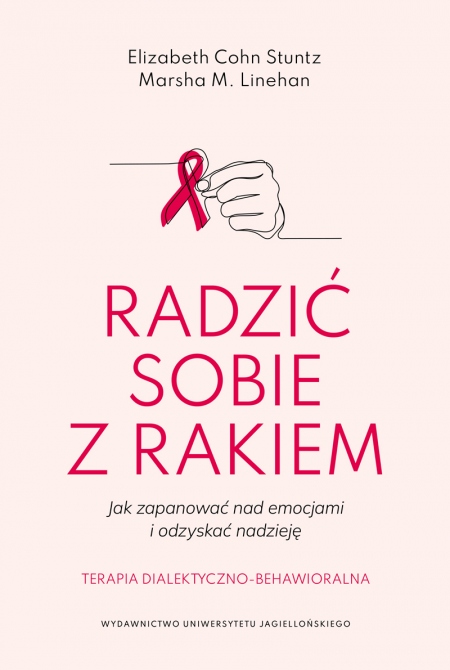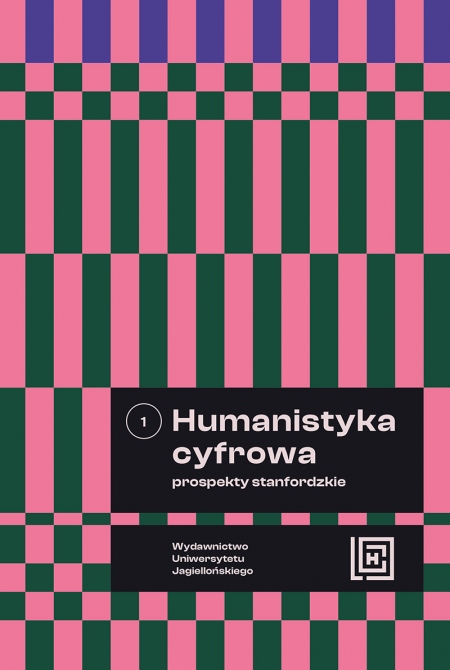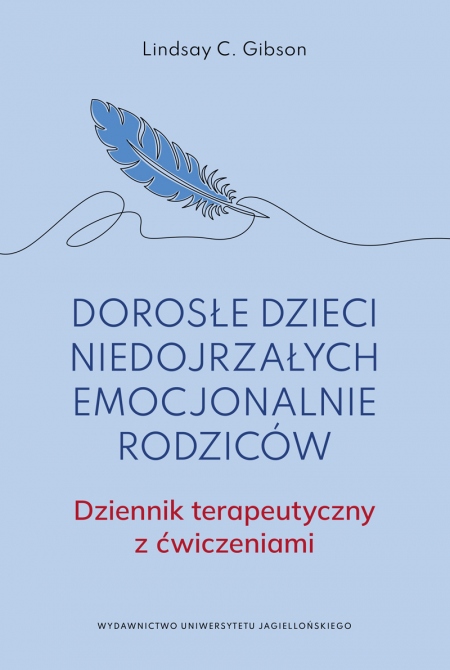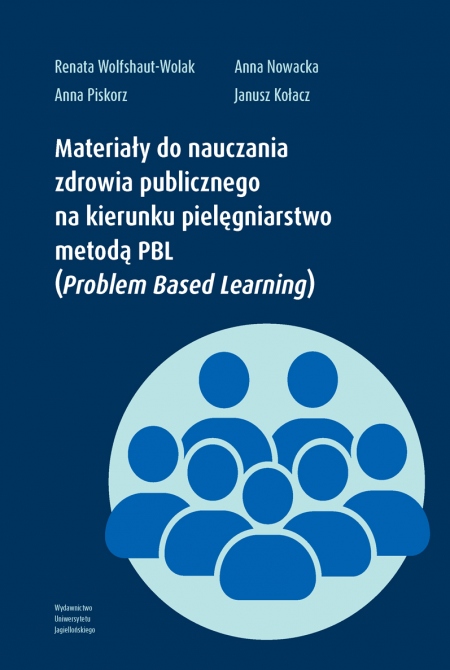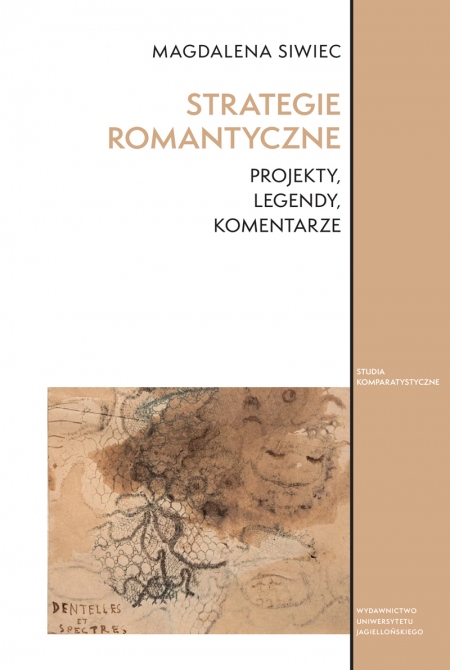Aftermath
The Fall and the Rise after the Event
Edited by: Robert Kusek, Beata Piątek, Wojciech Szymański
Series: Topographies of (Post)Modernity
Pages: 340
Book format: 15,8x23,5 cm
Publication date: 2019
E-book publication date: 20.07.2021
Book description
What happens in the wake of the event? Is the event’s aftermath always characterised by the experience of disorder, fragmentation, and impermanence? Or, alternatively, can aftermath be seen as a new growth, a second crop of grass that can be sown and reaped and which gives rise to a new integrity, a new unity? The volume’s twenty-three essays by scholars from Australia, France, Germany, India, Ireland, Luxembourg, New Zealand, Poland, Spain, and the United States re-visit the notion and representation of aftermath, understood here widely as a consequence/result/after-effect of a seminal event (to an individual, a community, society, regions or nations), and explore its transformative and life-changing characteristics. While acknowledging disastrous or catastrophic consequences of the event, Aftermath argues in favour of recognising some rejuvenating potential of its after-effects.
Robert Kusek is an Assistant Professor in the Department of Comparative Studies in Literature and Culture at the Institute of English Studies, Jagiellonian University in Kraków. His research interests include life writing genres, the contemporary novel in English, poetics of memory and loss, as well as a comparative approach to literary studies. He is the author of two monographs, including Through the Looking Glass: Writers’ Memoirs
at the Turn of the 21st Century (2017), and several dozen articles published in books, academic journals, and magazines, as well as co-editor of fourteen volumes of articles, most notably Travelling Texts: J.M. Coetzee and Other Writers (2014). He also works at the Research Institute of European Heritage at the International Cultural Centre in Kraków.
Beata Piątek is an Assistant Professor in the Department of Comparative Literature and Culture at the Institute of Studies in English, Jagiellonian University in Kraków. Her academic interests include the influence of memory on identity, collective and cultural memory, and literature as an instrument of cultural memory with particular emphasis on the question of trauma and its representation in literature and culture. She is the author of History, Memory, Trauma in Contemporary British and Irish Fiction (2014) and articles on contemporary British and Irish literature and culture. She is also working in the areas of posthumanism and animal studies.
Wojciech Szymański is an Assistant Professor at the Department of the History of Modern Art and Culture at the Institute of Art History, University of Warsaw. He is an independent curator and art critic; member of the International Association of Art Critics (AICA), author of the book Argonauci. Postminimalizm i sztuka po nowoczesności: Eva Hesse, Felix Gonzalez-Torres, Roni Horn, Derek Jarman [The Argonauts. Postminimalism and Art after Modernism: Eva Hesse, Felix Gonzalez-Torres, Roni Horn, Derek Jarman] (2015), and numerous academic and critical texts; curator of group and solo shows and art projects. His current research focuses on visual memory of the Great War. He is a member of CRUSEV (Cruising the 1970s: Unearthing Pre-HIV/AIDS Queer Sexual Cultures) research team in the
framework of HERA Grants.
Robert Kusek is an Assistant Professor in the Department of Comparative Studies in Literature and Culture at the Institute of English Studies, Jagiellonian University in Kraków. His research interests include life writing genres, the contemporary novel in English, poetics of memory and loss, as well as a comparative approach to literary studies. He is the author of two monographs, including Through the Looking Glass: Writers’ Memoirs
at the Turn of the 21st Century (2017), and several dozen articles published in books, academic journals, and magazines, as well as co-editor of fourteen volumes of articles, most notably Travelling Texts: J.M. Coetzee and Other Writers (2014). He also works at the Research Institute of European Heritage at the International Cultural Centre in Kraków.
Beata Piątek is an Assistant Professor in the Department of Comparative Literature and Culture at the Institute of Studies in English, Jagiellonian University in Kraków. Her academic interests include the influence of memory on identity, collective and cultural memory, and literature as an instrument of cultural memory with particular emphasis on the question of trauma and its representation in literature and culture. She is the author of History, Memory, Trauma in Contemporary British and Irish Fiction (2014) and articles on contemporary British and Irish literature and culture. She is also working in the areas of posthumanism and animal studies.
Wojciech Szymański is an Assistant Professor at the Department of the History of Modern Art and Culture at the Institute of Art History, University of Warsaw. He is an independent curator and art critic; member of the International Association of Art Critics (AICA), author of the book Argonauci. Postminimalizm i sztuka po nowoczesności: Eva Hesse, Felix Gonzalez-Torres, Roni Horn, Derek Jarman [The Argonauts. Postminimalism and Art after Modernism: Eva Hesse, Felix Gonzalez-Torres, Roni Horn, Derek Jarman] (2015), and numerous academic and critical texts; curator of group and solo shows and art projects. His current research focuses on visual memory of the Great War. He is a member of CRUSEV (Cruising the 1970s: Unearthing Pre-HIV/AIDS Queer Sexual Cultures) research team in the
framework of HERA Grants.
ISBN: 978-83-233-4718-7
e-ISBN (pdf): 978-83-233-7002-4
Country of producer: Poland
RECOMMENDED BOOKS
NEW BOOKS
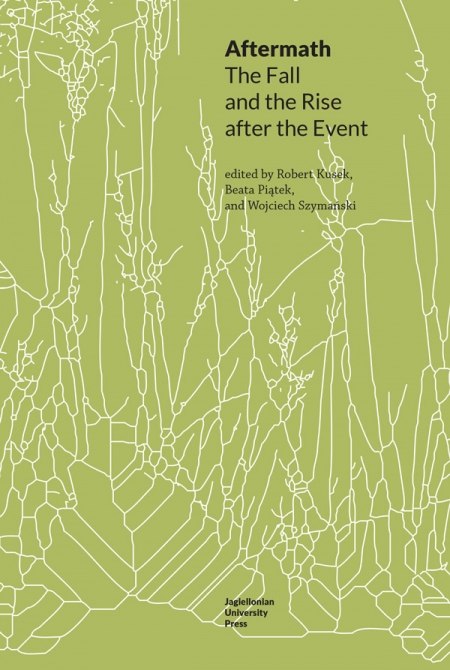
Aftermath
The Fall and the Rise after the Event
TABLE OF CONTENTS
ROBERT KUSEK, BEATA PIĄTEK, WOJCIECH SZYMAŃSKI
In the Wake of the Event 9
PART ONE: After Trauma
ANNA BRANACH-KALLAS
Discording After-Rites: Commemoration and Intimate Grief in British and French Fiction Published at the Great War’s Centenary 25
DAGMARA DREWNIAK
“It Is, After All, a Communication with Ghosts”: Correspondences by Anne Michaels and Bernice Eisenstein as a Historical and Personal Elegy in the Aftermath of the Holocaust 39
EDYTA LOREK-JEZIŃSKA
Memory of the Holocaust: Vicarious Trauma and Counter-Monuments in The Hideout by NeTTheatre 51
MAGDALENA ZOLKOS
“After You Died I Could Not Hold a Funeral, and So My Life Became a Funeral”: Catastrophic Aftermaths in Han Kang’s Human Acts 63
HÉLOÏSE LECOMTE
“Phantom Growth”: Post-Traumatic Healing in Ian McEwan’s The Child in Time (1987) and Julian Farino’s TV Adaptation (2017) 77
PART TWO: The End of the Wor(l)d and After
MAŁGORZATA SUGIERA
After the Earth: New Postsingularity Scenarios 93
KATARZYNA WIĘCKOWSKA
The End of the World and After 107
KRYSTIAN PIOTROWSKI
Life, End of: Secular Eschatology in Christine Brooke-Rose’s Out and Anna Kavan’s Ice 119
MANTRA MUKIM
After Naming: Rilke’s Namenlos, Kant, and the Subject of Aesthetics 131
PART THREE: After Images
DOUGLAS KLAHR
The Precursor to Virtual Reality Documents Architectural Hell: A Stereoscopic View of the Crematorium at Dachau 147
GRACE PUNDYK
The Promise of a Hospitable Memory: Encounters on the Threshold 161
AMANDA WASIELEWSKI
“We Have Decided Not to Decide”: The End of History and the Punk Politics of De Reagering 177
KAROLINA KOLENDA
After Nature: Landscape, Art, and Design in the Aftermath of Katrina and Sandy 193
GLENN LOUGHRAN
Evental Research… After the Future of Work 207
PART FOUR: Colonialism and Its Aftermath
CLAUDIA MARQUIS
Colonialism and Its Aftermath in The Lord of the Rings: Postcolonial Reflections on Tolkien’s Imperial Fantasy 221
PAULINA GRZĘDA
The Entangled Temporality of the Postcolony: Zakes Mda and the “Chaffing Temporalities” of Post-Apartheid 235
MARÍA CONCEPCIÓN BRITO VERA, MARÍA LUZ GONZÁLEZ RODRÍGUEZ
Life Out of Balance and Its Aftermath. Paradoxes in Arundhati Roy’s The Ministry of Utmost Happiness: A Material Ecocritical Reading 249
PART FIVE: “(Un)Catastrophic” Aftermaths
MARIE-ANNE HANSEN-PAULY
Language and Disaster: “The Gulf (Between You and Me)” by Pierre Joris 263
BARBARA KLONOWSKA
The Aftermath of Love: Michael Haneke’s Amour 281
CHRISTINA SCHÖNBERGER-STEPIEN
Rushdie’s Rebellious Joseph Anton: Chronicling the Aftermath of The Satanic Versesi 293
MICHAELA BECK
The Post-Postmodern Afterlife of the American Novel: “Resurrecting” the Novel-as-Archive in Anne Valente’s Our Hearts Will Burn Us Down (2016) and Ed Park’s Personal Days (2008) 305
TOMASZ FISIAK
Grande Dame Guignol and the Notion of the Aftermath: A Case Study of Robert Aldrich’s Hush…Hush, Sweet Charlotte (1964) 319
About the authors 331
Indeks . 339
In the Wake of the Event 9
PART ONE: After Trauma
ANNA BRANACH-KALLAS
Discording After-Rites: Commemoration and Intimate Grief in British and French Fiction Published at the Great War’s Centenary 25
DAGMARA DREWNIAK
“It Is, After All, a Communication with Ghosts”: Correspondences by Anne Michaels and Bernice Eisenstein as a Historical and Personal Elegy in the Aftermath of the Holocaust 39
EDYTA LOREK-JEZIŃSKA
Memory of the Holocaust: Vicarious Trauma and Counter-Monuments in The Hideout by NeTTheatre 51
MAGDALENA ZOLKOS
“After You Died I Could Not Hold a Funeral, and So My Life Became a Funeral”: Catastrophic Aftermaths in Han Kang’s Human Acts 63
HÉLOÏSE LECOMTE
“Phantom Growth”: Post-Traumatic Healing in Ian McEwan’s The Child in Time (1987) and Julian Farino’s TV Adaptation (2017) 77
PART TWO: The End of the Wor(l)d and After
MAŁGORZATA SUGIERA
After the Earth: New Postsingularity Scenarios 93
KATARZYNA WIĘCKOWSKA
The End of the World and After 107
KRYSTIAN PIOTROWSKI
Life, End of: Secular Eschatology in Christine Brooke-Rose’s Out and Anna Kavan’s Ice 119
MANTRA MUKIM
After Naming: Rilke’s Namenlos, Kant, and the Subject of Aesthetics 131
PART THREE: After Images
DOUGLAS KLAHR
The Precursor to Virtual Reality Documents Architectural Hell: A Stereoscopic View of the Crematorium at Dachau 147
GRACE PUNDYK
The Promise of a Hospitable Memory: Encounters on the Threshold 161
AMANDA WASIELEWSKI
“We Have Decided Not to Decide”: The End of History and the Punk Politics of De Reagering 177
KAROLINA KOLENDA
After Nature: Landscape, Art, and Design in the Aftermath of Katrina and Sandy 193
GLENN LOUGHRAN
Evental Research… After the Future of Work 207
PART FOUR: Colonialism and Its Aftermath
CLAUDIA MARQUIS
Colonialism and Its Aftermath in The Lord of the Rings: Postcolonial Reflections on Tolkien’s Imperial Fantasy 221
PAULINA GRZĘDA
The Entangled Temporality of the Postcolony: Zakes Mda and the “Chaffing Temporalities” of Post-Apartheid 235
MARÍA CONCEPCIÓN BRITO VERA, MARÍA LUZ GONZÁLEZ RODRÍGUEZ
Life Out of Balance and Its Aftermath. Paradoxes in Arundhati Roy’s The Ministry of Utmost Happiness: A Material Ecocritical Reading 249
PART FIVE: “(Un)Catastrophic” Aftermaths
MARIE-ANNE HANSEN-PAULY
Language and Disaster: “The Gulf (Between You and Me)” by Pierre Joris 263
BARBARA KLONOWSKA
The Aftermath of Love: Michael Haneke’s Amour 281
CHRISTINA SCHÖNBERGER-STEPIEN
Rushdie’s Rebellious Joseph Anton: Chronicling the Aftermath of The Satanic Versesi 293
MICHAELA BECK
The Post-Postmodern Afterlife of the American Novel: “Resurrecting” the Novel-as-Archive in Anne Valente’s Our Hearts Will Burn Us Down (2016) and Ed Park’s Personal Days (2008) 305
TOMASZ FISIAK
Grande Dame Guignol and the Notion of the Aftermath: A Case Study of Robert Aldrich’s Hush…Hush, Sweet Charlotte (1964) 319
About the authors 331
Indeks . 339
TABLE OF CONTENTS
ROBERT KUSEK, BEATA PIĄTEK, WOJCIECH SZYMAŃSKI
In the Wake of the Event 9
PART ONE: After Trauma
ANNA BRANACH-KALLAS
Discording After-Rites: Commemoration and Intimate Grief in British and French Fiction Published at the Great War’s Centenary 25
DAGMARA DREWNIAK
“It Is, After All, a Communication with Ghosts”: Correspondences by Anne Michaels and Bernice Eisenstein as a Historical and Personal Elegy in the Aftermath of the Holocaust 39
EDYTA LOREK-JEZIŃSKA
Memory of the Holocaust: Vicarious Trauma and Counter-Monuments in The Hideout by NeTTheatre 51
MAGDALENA ZOLKOS
“After You Died I Could Not Hold a Funeral, and So My Life Became a Funeral”: Catastrophic Aftermaths in Han Kang’s Human Acts 63
HÉLOÏSE LECOMTE
“Phantom Growth”: Post-Traumatic Healing in Ian McEwan’s The Child in Time (1987) and Julian Farino’s TV Adaptation (2017) 77
PART TWO: The End of the Wor(l)d and After
MAŁGORZATA SUGIERA
After the Earth: New Postsingularity Scenarios 93
KATARZYNA WIĘCKOWSKA
The End of the World and After 107
KRYSTIAN PIOTROWSKI
Life, End of: Secular Eschatology in Christine Brooke-Rose’s Out and Anna Kavan’s Ice 119
MANTRA MUKIM
After Naming: Rilke’s Namenlos, Kant, and the Subject of Aesthetics 131
PART THREE: After Images
DOUGLAS KLAHR
The Precursor to Virtual Reality Documents Architectural Hell: A Stereoscopic View of the Crematorium at Dachau 147
GRACE PUNDYK
The Promise of a Hospitable Memory: Encounters on the Threshold 161
AMANDA WASIELEWSKI
“We Have Decided Not to Decide”: The End of History and the Punk Politics of De Reagering 177
KAROLINA KOLENDA
After Nature: Landscape, Art, and Design in the Aftermath of Katrina and Sandy 193
GLENN LOUGHRAN
Evental Research… After the Future of Work 207
PART FOUR: Colonialism and Its Aftermath
CLAUDIA MARQUIS
Colonialism and Its Aftermath in The Lord of the Rings: Postcolonial Reflections on Tolkien’s Imperial Fantasy 221
PAULINA GRZĘDA
The Entangled Temporality of the Postcolony: Zakes Mda and the “Chaffing Temporalities” of Post-Apartheid 235
MARÍA CONCEPCIÓN BRITO VERA, MARÍA LUZ GONZÁLEZ RODRÍGUEZ
Life Out of Balance and Its Aftermath. Paradoxes in Arundhati Roy’s The Ministry of Utmost Happiness: A Material Ecocritical Reading 249
PART FIVE: “(Un)Catastrophic” Aftermaths
MARIE-ANNE HANSEN-PAULY
Language and Disaster: “The Gulf (Between You and Me)” by Pierre Joris 263
BARBARA KLONOWSKA
The Aftermath of Love: Michael Haneke’s Amour 281
CHRISTINA SCHÖNBERGER-STEPIEN
Rushdie’s Rebellious Joseph Anton: Chronicling the Aftermath of The Satanic Versesi 293
MICHAELA BECK
The Post-Postmodern Afterlife of the American Novel: “Resurrecting” the Novel-as-Archive in Anne Valente’s Our Hearts Will Burn Us Down (2016) and Ed Park’s Personal Days (2008) 305
TOMASZ FISIAK
Grande Dame Guignol and the Notion of the Aftermath: A Case Study of Robert Aldrich’s Hush…Hush, Sweet Charlotte (1964) 319
About the authors 331
Indeks . 339
In the Wake of the Event 9
PART ONE: After Trauma
ANNA BRANACH-KALLAS
Discording After-Rites: Commemoration and Intimate Grief in British and French Fiction Published at the Great War’s Centenary 25
DAGMARA DREWNIAK
“It Is, After All, a Communication with Ghosts”: Correspondences by Anne Michaels and Bernice Eisenstein as a Historical and Personal Elegy in the Aftermath of the Holocaust 39
EDYTA LOREK-JEZIŃSKA
Memory of the Holocaust: Vicarious Trauma and Counter-Monuments in The Hideout by NeTTheatre 51
MAGDALENA ZOLKOS
“After You Died I Could Not Hold a Funeral, and So My Life Became a Funeral”: Catastrophic Aftermaths in Han Kang’s Human Acts 63
HÉLOÏSE LECOMTE
“Phantom Growth”: Post-Traumatic Healing in Ian McEwan’s The Child in Time (1987) and Julian Farino’s TV Adaptation (2017) 77
PART TWO: The End of the Wor(l)d and After
MAŁGORZATA SUGIERA
After the Earth: New Postsingularity Scenarios 93
KATARZYNA WIĘCKOWSKA
The End of the World and After 107
KRYSTIAN PIOTROWSKI
Life, End of: Secular Eschatology in Christine Brooke-Rose’s Out and Anna Kavan’s Ice 119
MANTRA MUKIM
After Naming: Rilke’s Namenlos, Kant, and the Subject of Aesthetics 131
PART THREE: After Images
DOUGLAS KLAHR
The Precursor to Virtual Reality Documents Architectural Hell: A Stereoscopic View of the Crematorium at Dachau 147
GRACE PUNDYK
The Promise of a Hospitable Memory: Encounters on the Threshold 161
AMANDA WASIELEWSKI
“We Have Decided Not to Decide”: The End of History and the Punk Politics of De Reagering 177
KAROLINA KOLENDA
After Nature: Landscape, Art, and Design in the Aftermath of Katrina and Sandy 193
GLENN LOUGHRAN
Evental Research… After the Future of Work 207
PART FOUR: Colonialism and Its Aftermath
CLAUDIA MARQUIS
Colonialism and Its Aftermath in The Lord of the Rings: Postcolonial Reflections on Tolkien’s Imperial Fantasy 221
PAULINA GRZĘDA
The Entangled Temporality of the Postcolony: Zakes Mda and the “Chaffing Temporalities” of Post-Apartheid 235
MARÍA CONCEPCIÓN BRITO VERA, MARÍA LUZ GONZÁLEZ RODRÍGUEZ
Life Out of Balance and Its Aftermath. Paradoxes in Arundhati Roy’s The Ministry of Utmost Happiness: A Material Ecocritical Reading 249
PART FIVE: “(Un)Catastrophic” Aftermaths
MARIE-ANNE HANSEN-PAULY
Language and Disaster: “The Gulf (Between You and Me)” by Pierre Joris 263
BARBARA KLONOWSKA
The Aftermath of Love: Michael Haneke’s Amour 281
CHRISTINA SCHÖNBERGER-STEPIEN
Rushdie’s Rebellious Joseph Anton: Chronicling the Aftermath of The Satanic Versesi 293
MICHAELA BECK
The Post-Postmodern Afterlife of the American Novel: “Resurrecting” the Novel-as-Archive in Anne Valente’s Our Hearts Will Burn Us Down (2016) and Ed Park’s Personal Days (2008) 305
TOMASZ FISIAK
Grande Dame Guignol and the Notion of the Aftermath: A Case Study of Robert Aldrich’s Hush…Hush, Sweet Charlotte (1964) 319
About the authors 331
Indeks . 339
Choose chapters to buy:
Order value:
0.00 zł
